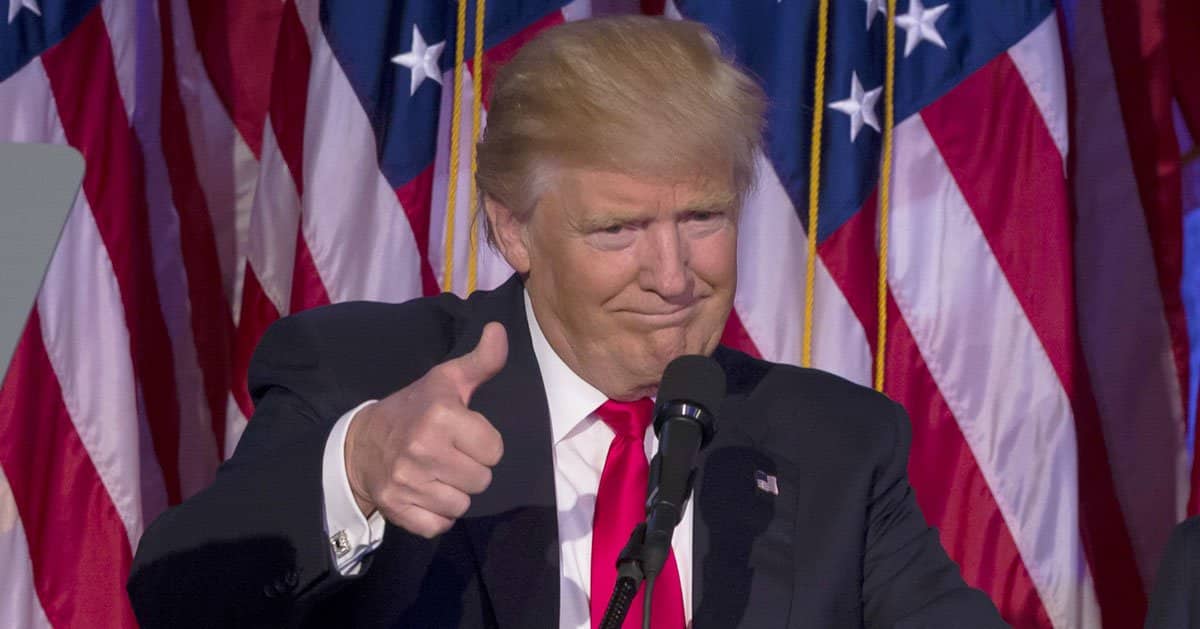








In a bold move that is stirring political tension, Democratic Governor Tony Evers of Wisconsin has rejected a Republican-backed effort aimed at involving local law enforcement in federal immigration enforcement tasks.
Governor Evers is firmly opposing draft legislation from his Republican counterparts, which seeks to compel local law enforcement to identify and report undocumented immigrants while tying local funding to compliance according to Fox News.
The draft bill is spearheaded by Republican lawmakers and would require county sheriffs in Wisconsin to verify the citizenship status of individuals in their custody.
The proposal also mandates that sheriffs report those who cannot prove citizenship to the Department of Homeland Security. Local law enforcement would be expected to collaborate with federal immigration officers in executing warrants.
The potential penalties for noncompliance with this proposal include a significant reduction of 15% in state aid, a detail that Governor Evers and his allies have found particularly troubling
. Britt Cudaback, a spokeswoman for the governor, emphasized that such a reduction in funding would severely impact local law enforcement agencies and their ability to ensure public safety.
Cudaback voiced skepticism about the proposal’s sincerity, dismissing it as not being a substantive legislative effort. She highlighted that the governor's office was committed to supporting local law enforcement rather than pressuring them with financial cuts.
"Republican lawmakers are trying to micromanage local law enforcement decisions," Cudaback said, noting the drastic consequences for local communities if the bill were enacted.
In stark contrast, Republican state legislators, including State Rep. Tyler August, have expressed dissatisfaction with Governor Evers’ opposition. August criticized the governor’s decision to dismiss the draft legislation outright without having reviewed its contents.
Despite the lack of a public version of the bill, August has hinted at a collaboration with former President Trump. This partnership would focus on enhancing immigration enforcement efforts throughout Wisconsin.
August challenged Governor Evers for allegedly opposing the deportation of undocumented felons, echoing sentiments that the governor’s approach to immigration is too lenient.
Cudaback underscored recent achievements in securing increased financial support for municipalities, where many communities stood to benefit from a 20% rise in state aid. She warned that the Republican proposal could negate these advances, stressing the importance of collaboration with local enforcement agencies to boost public safety.
"We shouldn’t be threatening law enforcement with deep budget cuts," Cudaback stated, advocating for joint efforts to curb crime and drug issues instead.
This contentious issue brings to the forefront broader debates over immigration policy and the roles of state and local authorities. While Republicans push for stricter immigration controls, Democrats, led by Evers, are focusing on preserving local autonomy.
Evers’ firm stand against the draft legislation highlights deep divisions between state and federal responsibilities in immigration enforcement.
His rejection reflects a continuing trend among some state leaders to resist federal encroachment on local governance.
The potential collaboration with the Trump administration indicates Republicans’ interest in leveraging federal influence to enforce immigration law more rigorously.
As the political standoff continues, both sides remain deeply entrenched over the balance of power between local agencies and federal immigration authorities.
The future of the Republican proposal remains uncertain, with significant opposition from the governor’s office. Evers is prepared to veto similar measures that he perceives as undermining local law enforcement agencies. With the legislative session ongoing, the proposal's details and potential modifications will be closely watched by all stakeholders involved.



